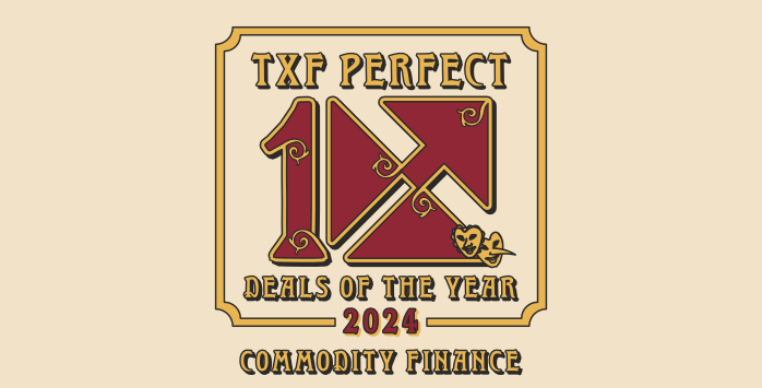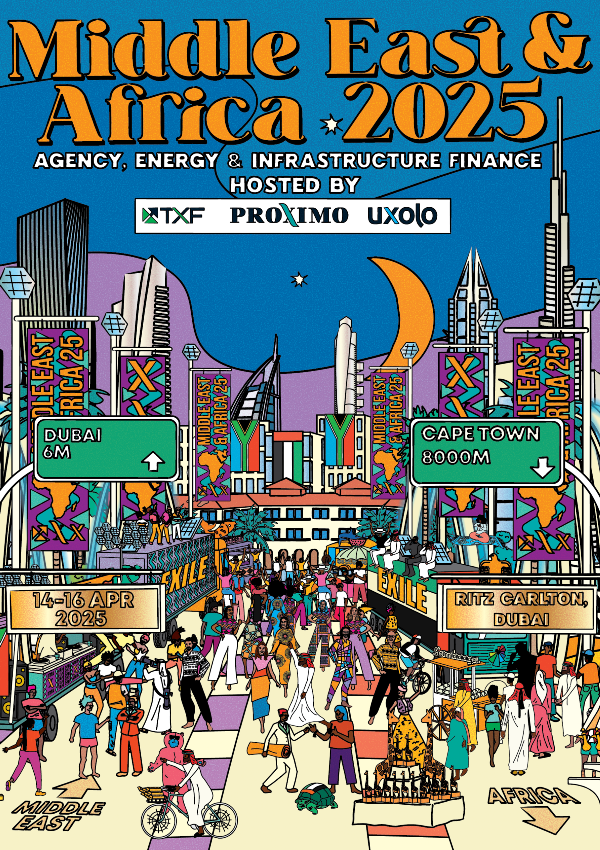Outsourcing due diligence: Keeping deals the right sort of clean
With stringent regulation and increasingly complex transactions pitched against borrowers’ expectations for rapid decision making, the pressures on due diligence are at an all-time high. Matt Reed, Associate Director at RedRidge Diligence Services, discusses the latest trends in how capital providers in the trade and project finance space are managing these pressures.

Trade and project finance due diligence is a complex task that is being made ever more difficult by tectonic shifts in the industry. These shifts include the evolution of non-bank lending, the extraordinary growth in regulation impacting lending, and the increasing complexity of many transactions – especially those involving emerging market risk. All this is leading to a growth in specialist providers of due diligence services.
A new age of bank regulation and capital constraints has seen the rise of independent financiers providing liquidity into a space that was once occupied exclusively by banks. However, many of these new specialist funds lack the in-house capabilities to undertake the necessary due diligence on trade and project finance deals which require risk analysis that digs way beyond just the balance sheets of the borrowing parties.
Similarly, with the ever-increasing emphasis on compliance and regulation, many banks have looked to minimise the substantial associated costs by, where possible, automating the process. Screening technology such as “World Check” execute the initial compliance checks by running digital searches based on publicly-available information – screening for discrepancies or obvious flags. While this may work in some instances for simple transactions involving fewer counterparties, in most cases it is not sophisticated enough for trade transactions, which require a more manual and intelligent screening process.
Regulatory minefield
Lenders face a litany of due diligence hurdles. Key areas of concern are sanctions, Know Your Customer (KYC) and Know Your Customer’s Customer (KYCC) legislation, for which the importance of manual expertise should not be underestimated. For instance, one lender we work with was recently approached with a proposal involving a Ukrainian counterparty. The proposal was, on the surface, innocuous. Yet, under closer inspection, it was found that the Ukrainian counterparty was affiliated with a cyber firm that was, in turn, linked to the Russian mafia. In many respects the process is akin to detective work – requiring intuitive and expert individuals to understand and explore the intricacies of a transaction.
Environmental and Social Governance (ESG) regulation also requires experience and expertise to navigate. South Africa, for example, imposes racially selective quotas under its Black Economic Empowerment (BEE) programme to redress the inequalities caused by the legacy of Apartheid. Any client wishing to transact with partners in the country must ensure that their native counterparties strictly adhere to the programme’s coding system, or they can incur stiff penalties.
Counter-Terrorist Financing (CTF) – regulation in place to deprive terrorist organisations from access to financing – is yet another requirement that falls onto the shoulders of due diligence providers. Aside from avoiding the more obvious counterparty risk, providers must be vigilant to any shipments involving goods that could have “dual use” – particularly when being shipped to known conflict zones. This is not necessarily confined to armaments – it could include unfinished parts useable in weapon construction or even vehicles that can be turned into weapons platforms. More often than not it takes expert eyes to, firstly, identify the potential for a breach – particularly where the dual use may not be obvious – and, secondly, to understand and navigate the licensing requirements that might permit the transaction.
And to make matters more complicated, when executing due diligence on clients or counterparties in certain territories (often in Asia, the Middle East or Africa), data can be very difficult to extract. The required information – whether withheld for tax reasons, or simply not available because it has never been required by local authorities due to less onerous audit obligations – is often not in the public domain.
Surprisingly, even business emanating from developed countries can pose problems from an accessibility perspective. In the US, only publicly traded corporations are obliged to file their accounts in the public domain. Due diligence providers are therefore forced to rely on the cooperation of each party and counterparty involved in a given transaction to extract the relevant information. This, particularly with multiple counterparties, is often where difficulties arise. To put the issue into perspective, in our experience only around 10% of proposals for trade or project financing are rejected, but the vast majority of these are due to a client being unable to provide verifiable information.
Leave it to the experts
While many banks have decided to become more risk averse in their portfolio management, a growing alternative is to outsource such analysis to specialists capable of assessing the risk. Trade deals in particular can involve supply chains from myriad parties involving highly detailed security and/or repayment structures. RedRidge’s protocol is to test at least 10 completed trades with the proposed counterparties (or similar counterparties) to “follow the cash from cradle to grave”. The bills of lading, quality certificates, certificates of origin and packing lists are all analysed, along with the contracts themselves and the outcome of the trade.
And such assessments are not just desk-based. Due diligence providers must be problem-solvers, adept at taking a more “hands on” approach to get the required information. As such, field inspection capabilities and an ability to undertake such inspections globally are invaluable. The data extracted provides not only a firm basis on which to screen the proposal for fraudulent activity, but also a means by which to assess the marginal risk and creditworthiness of a transaction from a commercial perspective. The added bonus being that the lender is thus provided with increased visibility around the associated risks of the trade.
While penalties for non-compliance may be potentially crippling – just look at the fines levied on the likes of HSBC ($1.92 billion) and BNP Paribas ($9 billion) – regulation is key to ensuring that only competent and secure players participate in the sector and that criminals are brought to justice. Lenders are obliged to constantly reassess and manage their lending portfolios effectively, not for the purpose of denying financing to riskier clients but rather to ensure that transactions are structured in the most advantageous way to facilitate the trade or project.
Outsourcing due diligence is therefore a trend that has emerged organically in this evolving regulatory environment. Entrusting this important element of the transactional process to experts with a bespoke toolset to execute such a task is an effective way of risk managing and staying ahead of market and regulatory developments.





